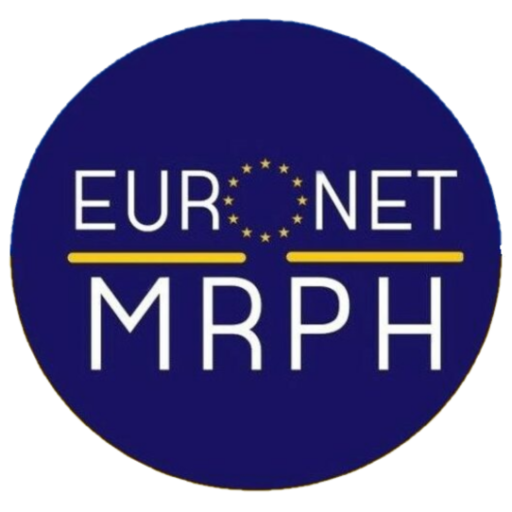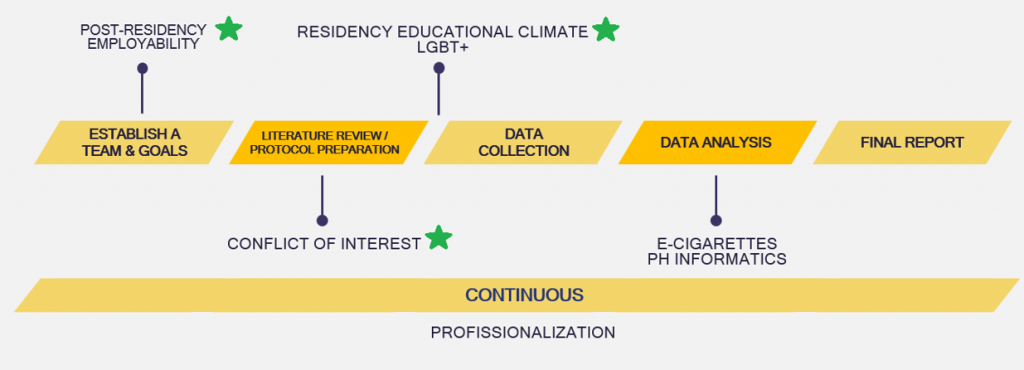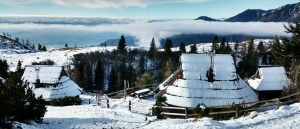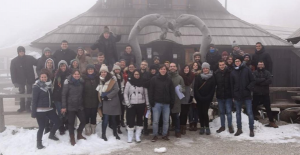Sexual and reproductive health and rights (SRHR) are at the intersection of health care and the legal and moral system of a country. Issues related to SRHR are not only under the control of the woman herself, eventually her partner, and healthcare professionals, but also of lawmakers and often religious leaders. Matters as abortion, contraception, fertility and reproduction, the definition of consent, the choice of a partner, are hence both extremely intimate and public, influenced by power dynamics and contextual factors.
Of abortion, in 1992 H. David wrote: “Although universally practiced, no other elective surgical procedure has evoked as much divisive public debate, generated such emotional and moral passion, or received greater sustained attention from the media”1.
Abortion is indeed universally practiced, but an estimated 25% of the world’s population lives in the 66 countries where abortion is either prohibited or permitted only to save a woman’s life2. Of these, eight countries are in Europe: Northern Ireland in the United Kingdom, Ireland, Monaco, Liechtenstein, San Marino, Poland, Andorra and Malta. In the first six countries, abortion is forbidden outside extremely limited circonstances, for example, depending on the country, to avert a substantial risk to a woman’s life, in case of severe foetal impairment or if the pregnancy is a result of a sexual assault. Andorra and Malta do not allow it in any situation3.
A report published in December 2017 by the Council of Europe details the effects of restrictive laws on women in Europe3. In countries with restrictive laws, womens are forced to travel outside the country to receive care, or they have to access illegal abortion, for example by buying abortion pills online, with the fear to seek post-abortion care, because of the legal implications. Travelling outside the country in fact is not always an option, for administrative and financial barriers, especially for adolescents, undocumented migrants or women at risk for domestic violence.
Restrictive laws can have tragic effects on the health and lives of women, as we know from the most covered country with restrictive laws in Europe, which is Ireland. In Ireland, the 8th amendment of the Constitution, which was introduced in 1983 to recognise the right to life of the unborn as an equal to that of the mother, was repealed by referendum, on the 25th of May 2018. The repeal came after appalling events like the death by sepsis of Savita Halappavanar in 20124 and the stories of some of the around 3’000 women who every year travel to the UK to access abortion services and the efforts of grassroot activism. Activism that extends across the border to Northern Ireland, in support of the women who may theoretically face a life sentence if found guilty of having an abortion5.
However, the possibility to access safe, prompt abortion care can be limited even in the European countries with liberal laws, meaning where abortion is accessible on request, for reasons of distress or on broad socio-economic grounds. For example, a mandatory waiting period, with or without mandatory counseling, exists in many countries, such as Germany, Italy and The Netherlands, and was recently reintroduced in countries in Central and Eastern Europe,6 while it was suppressed by the health law of 2016 in France7. The mandatory waiting period does not fulfill any medical purpose8.
Lack of professionals who provide abortion services is another barrier to access. The lack of professionals can be due to a shortage of professionals who are trained in this practice or because of the refusal to provide abortion services on grounds of conscience or religion.
Some solutions to the shortage of trained professionals exist: for example, France faces a lack of gynecologists, especially in rural areas, so the health law of 2016 introduced the possibility for midwife to provide medical abortion.
When refusals of care on grounds of conscience or religion are not well regulated, or the mechanisms to oversight the respect of regulations are not functional, the access to legal services is not guaranteed. For example, in Italy, in some regions more than 80% of gynecologists are objectors, and only 60% of the health care structures of the country provide abortions9, 10.
These circumstances can induce European women to travel to other countries, a theme that is being studied by a research project called Europe Abortion Access Project. The first results about cross-country travel will be available in the winter of 2018, while the results on in-country travel will be available in 202011.
These elements invite public health professionals to remain vigilant on abortion. The situation is ever changing and, in some cases, it is developing for the best, as we saw in Ireland, where representations on abortion have finally been shifted after years of reflections and advocacy12. In others it is stagnating or there is even a real risk of retrogression, as in Poland, where since 2016 there have been different attempts at hardening what is already one of the most restrictive abortion laws in Europe13, 14.
Maria Francesca Manca
Public Health Resident, France
References
- David HP. Abortion in Europe, 1920-9: A public health perspective. Studies in family planning. 1992:23,1:1-22.
- The world’s abortion laws by the Center for reproductive rights: http://worldabortionlaws.com/
- Council of Europe, Commissioner for human rights. Women’s sexual and reproductive health and rights in Europe. December 2017.
- https://www.nytimes.com/2018/05/27/world/europe/savita-halappanavar-ireland-abortion.html (consulted on the 24th of august, 2018)
- Li A. From Ireland to Northern Ireland: campaigns for abortion law. The Lancet. 2018;391:2403-2404.
- Hoctor L. Mandatory waiting periods and biased abortion counseling in Central and Eastern Europe.Int J Gynecol Obstet 2017;139:253–258.
- Official website of information of abortion in France: https://ivg.gouv.fr/ivg-un-droit-garanti-par-la-loi.html
- WHO. Safe abortion: technical and policy guidance for health systems (2nd edn). 2012
- Ministry of health (Italy). Relazione del ministro della salute sulla attuazione della legge contenente norme per la tutela sociale della maternità et per l’interruzione volontaria di gravidanza (Legge 194/78). 2015
- Chavkin W. Regulation of conscentious objection to abortion: an international comparative multiple-case study. Health and human rights journal. 2017;19(1). Available at: https://www.hhrjournal.org/2017/06/regulation-of-conscientious-objection-to-abortion-an-international-comparative-multiple-case-study/
- https://europeabortionaccessproject.org/
- Shaw D, Norman WV. A tale of two countries: women’s reproductive rights in Ireland and the US. BMJ 2018;361:k2471.
- Davies C. Polish MPs back even tougher restrictions on abortion. The Guardian, 11 January 2018. Available at: https://www.theguardian.com/world/2018/jan/11/polish-mps-reject-liberalised-abortion-laws-but-back-new-restrictions (consulted on the 19th of august, 2018)
- Berer M. Abortion law and policy around the world – In search of decriminalization. Health Hum Rights. 2017;19(1):13-27.




